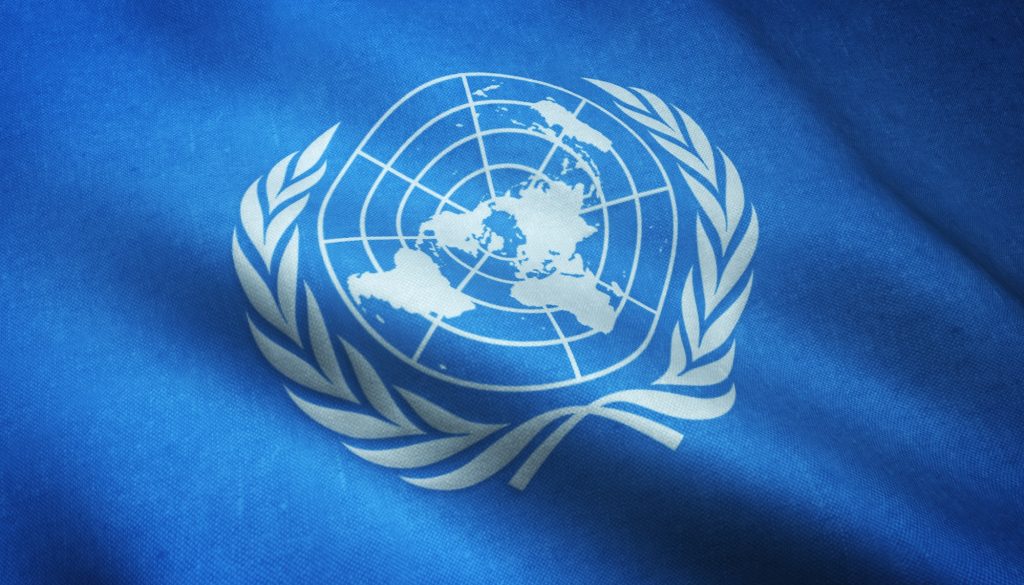In an era where digital transformation has revolutionised every facet of human life, cybersecurity has emerged as a critical frontier in international relations. As nations become increasingly interconnected, the vulnerabilities in their cyber infrastructures pose significant threats to global stability. From state-sponsored cyberattacks to sophisticated espionage operations, the digital realm has become a battleground where the stakes are as high as in conventional warfare. This article delves into the intricate landscape of cybersecurity threats in international relations, exploring the challenges, consequences, and the urgent need for robust defences.
The Escalating Threat Landscape
The rapid advancement of technology has outpaced the development of security measures, creating a fertile ground for cyber threats. Nations are witnessing an upsurge in cyberattacks targeting critical infrastructure, financial systems, and governmental institutions. These attacks are often orchestrated by state actors seeking to disrupt the operations of rival states, steal sensitive information, or influence political outcomes.

One of the most infamous examples is the 2016 cyberattack on the Democratic National Committee (DNC) in the United States. Attributed to Russian state-sponsored hackers, the breach exposed sensitive emails and documents, significantly impacting the presidential election. This incident underscored the potential of cyber operations to influence democratic processes and sow discord within nations.
State-Sponsored Cyber Warfare
State-sponsored cyber warfare has become a strategic tool in international relations, with nations leveraging their cyber capabilities to achieve geopolitical objectives. Unlike conventional warfare, cyberattacks can be launched anonymously, providing deniability and reducing the risk of direct retaliation.
Countries like China, Russia, North Korea, and Iran have been implicated in various cyber espionage activities. These nations deploy advanced persistent threats (APTs) to infiltrate the networks of other countries, extracting valuable intelligence and disrupting critical systems. The 2020 SolarWinds attack, attributed to Russian hackers, compromised numerous U.S. government agencies and private sector companies, demonstrating the far-reaching impact of such operations.

China, on the other hand, has been accused of engaging in extensive intellectual property theft through cyber espionage. The Chinese government’s cyber units have targeted numerous industries, including defence, technology, and healthcare, to gain a competitive edge. These actions not only undermine economic security but also strain diplomatic relations.
Cyberterrorism and Non-State Actors
The threat landscape is not limited to state actors; non-state actors, including terrorist organisations and criminal syndicates, have also embraced cyber tactics. Cyberterrorism poses a unique challenge as terrorist groups leverage the anonymity of the internet to spread propaganda, recruit members, and coordinate attacks.
For instance, the Islamic State (ISIS) has utilised social media platforms to radicalise individuals and inspire lone-wolf attacks globally. Additionally, ransomware attacks by criminal groups have escalated, targeting hospitals, educational institutions, and businesses. The 2017 WannaCry ransomware attack, attributed to North Korean hackers, affected over 200,000 computers across 150 countries, causing widespread disruption and financial losses.
Economic Espionage and Intellectual Property Theft
Economic espionage and intellectual property theft represent significant threats to international economic stability. Nation-states and non-state actors engage in cyber-enabled theft of trade secrets, proprietary information, and intellectual property to gain competitive advantages and undermine rival economies.
A notable example is the theft of intellectual property from U.S. companies by Chinese hackers, which has been estimated to cost the U.S. economy billions of dollars annually. This persistent threat has prompted calls for stronger international cooperation and the development of stringent cybersecurity measures to protect intellectual assets.
Impact on International Relations
The impact of cyber threats on international relations is profound, often leading to diplomatic tensions and the erosion of trust between nations. The attribution of cyberattacks is a complex and contentious process, with nations frequently denying involvement despite evidence to the contrary. This ambiguity complicates the formulation of coherent responses and the establishment of norms in cyberspace.
Diplomatic retaliations, such as sanctions and public condemnations, have become common responses to cyberattacks. For example, the U.S. and its allies have imposed sanctions on Russia for its cyber activities, leading to a tit-for-tat escalation. These measures, while necessary, can further strain diplomatic relations and increase the risk of broader conflicts.
The Urgent Need for International Cooperation
Addressing the multifaceted challenges of cybersecurity threats requires robust international cooperation and the establishment of clear norms and regulations. The development of a comprehensive framework for cyber governance is essential to mitigate risks and promote stability in cyberspace.

International bodies like the United Nations (UN) and the Group of Twenty (G20) have initiated efforts to foster dialogue and cooperation on cybersecurity issues. The UN’s Group of Governmental Experts (GGE) on Advancing Responsible State Behavior in Cyberspace has made significant strides in defining norms for state conduct in cyberspace. These include prohibitions on attacking critical infrastructure and committing to the non-proliferation of malicious cyber tools.
Regional alliances and bilateral agreements also play a critical role in enhancing cyber resilience. NATO’s Cooperative Cyber Defence Centre of Excellence (CCDCOE) exemplifies how alliances can foster collaboration, share intelligence, and develop joint defence mechanisms. Additionally, bilateral agreements, such as the U.S.-China Cyber Agreement, aim to curb cyber-enabled theft of intellectual property and promote responsible behaviour.
Building Resilient Cyber Defences
While international cooperation is crucial, individual nations must also invest in building resilient cyber defences. This includes developing robust cybersecurity policies, enhancing the capabilities of national cyber agencies, and fostering public-private partnerships.
Investing in cybersecurity education and training is essential to address the growing demand for skilled professionals. Establishing cybersecurity standards and best practices can help organisations protect their networks and data from potential threats. Furthermore, promoting a culture of cybersecurity awareness among citizens can reduce the risk of cyber incidents caused by human error.
Conclusion
In the modern era of warfare, strength is not measured by the might of armies but by the resilience of our digital defences. Cybersecurity threats have redefined the battlefield, where invisible attacks can cripple economies, destabilise governments, and sow discord among nations. This new frontier demands a shift in how we perceive and address security. It requires unprecedented cooperation, innovative thinking, and a commitment to building robust defences.
As we navigate this complex digital landscape, the international community must prioritise the establishment of clear norms, invest in cutting-edge technology, and foster a culture of vigilance and preparedness. The stakes have never been higher, and the cost of inaction is too great. By embracing a collective approach to cybersecurity, we can safeguard not only our digital infrastructure but the very fabric of our global society. The future of international relations hinges on our ability to adapt to these evolving threats and to uphold the principles of peace and security in the digital age. With concerted effort and unwavering resolve, we can turn the tide, ensuring that cyberspace remains a domain of opportunity and innovation rather than conflict and fear.


